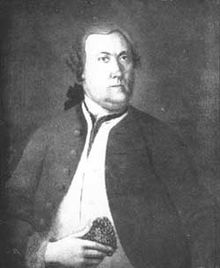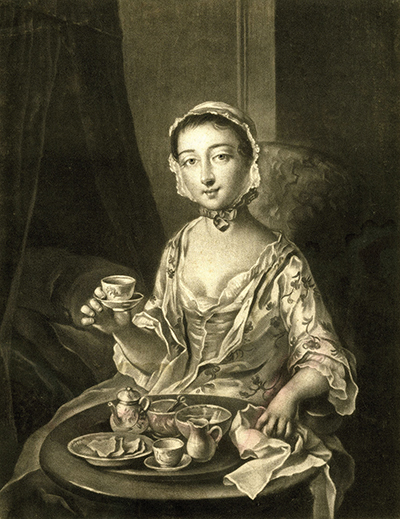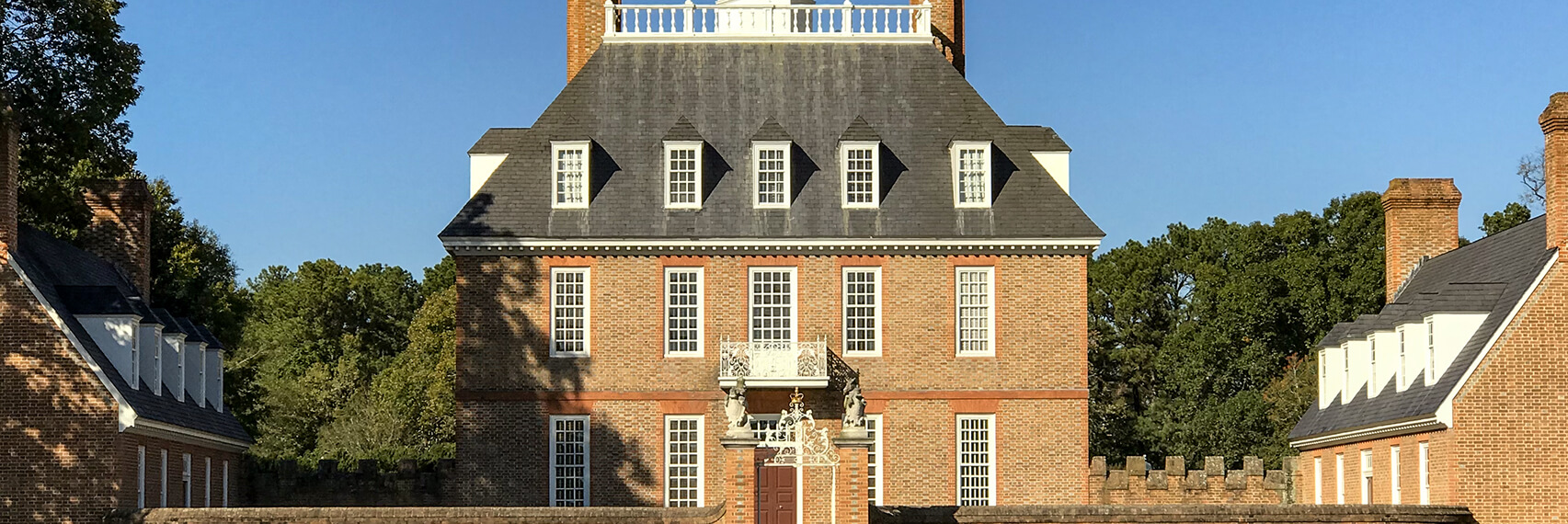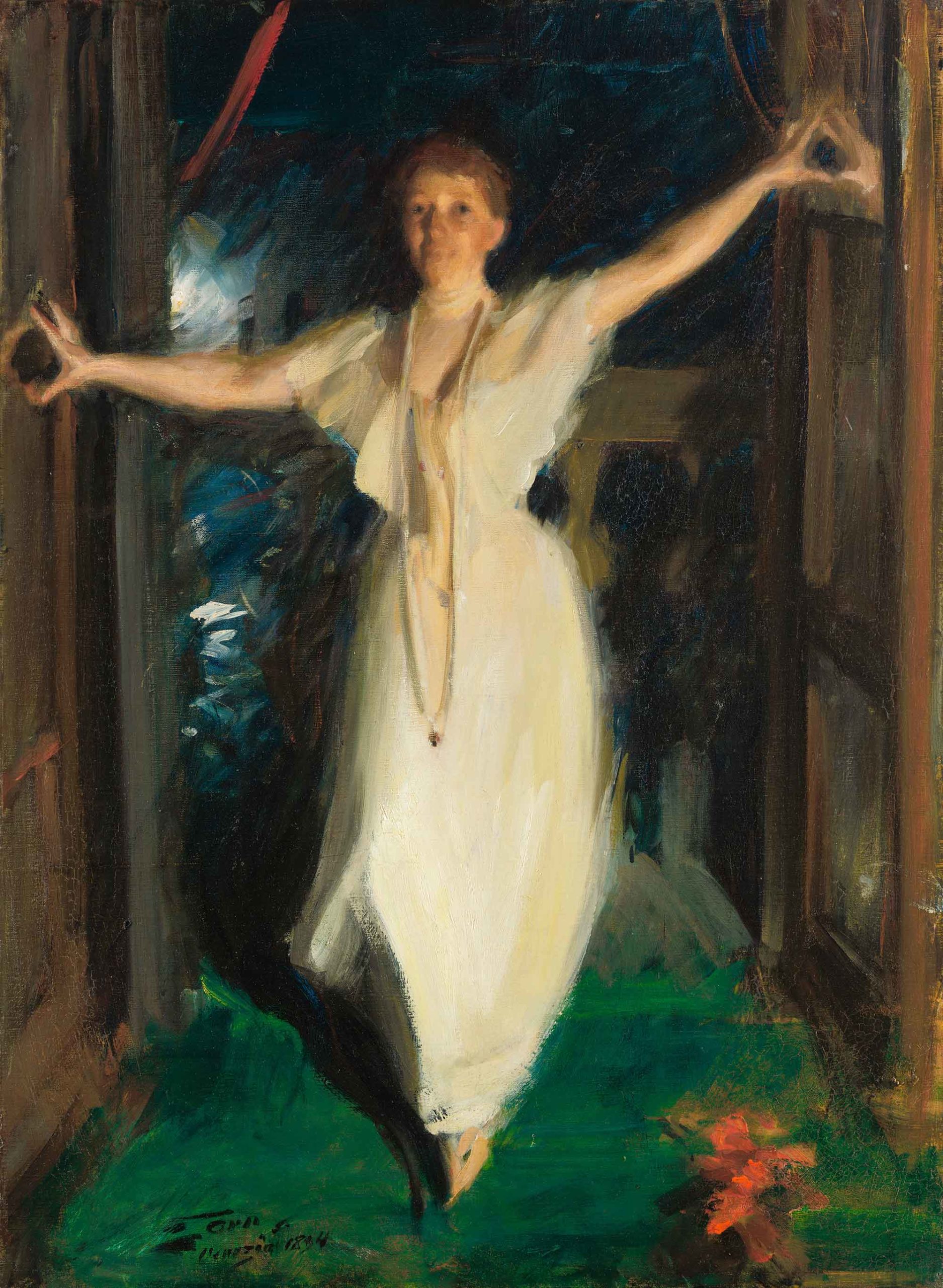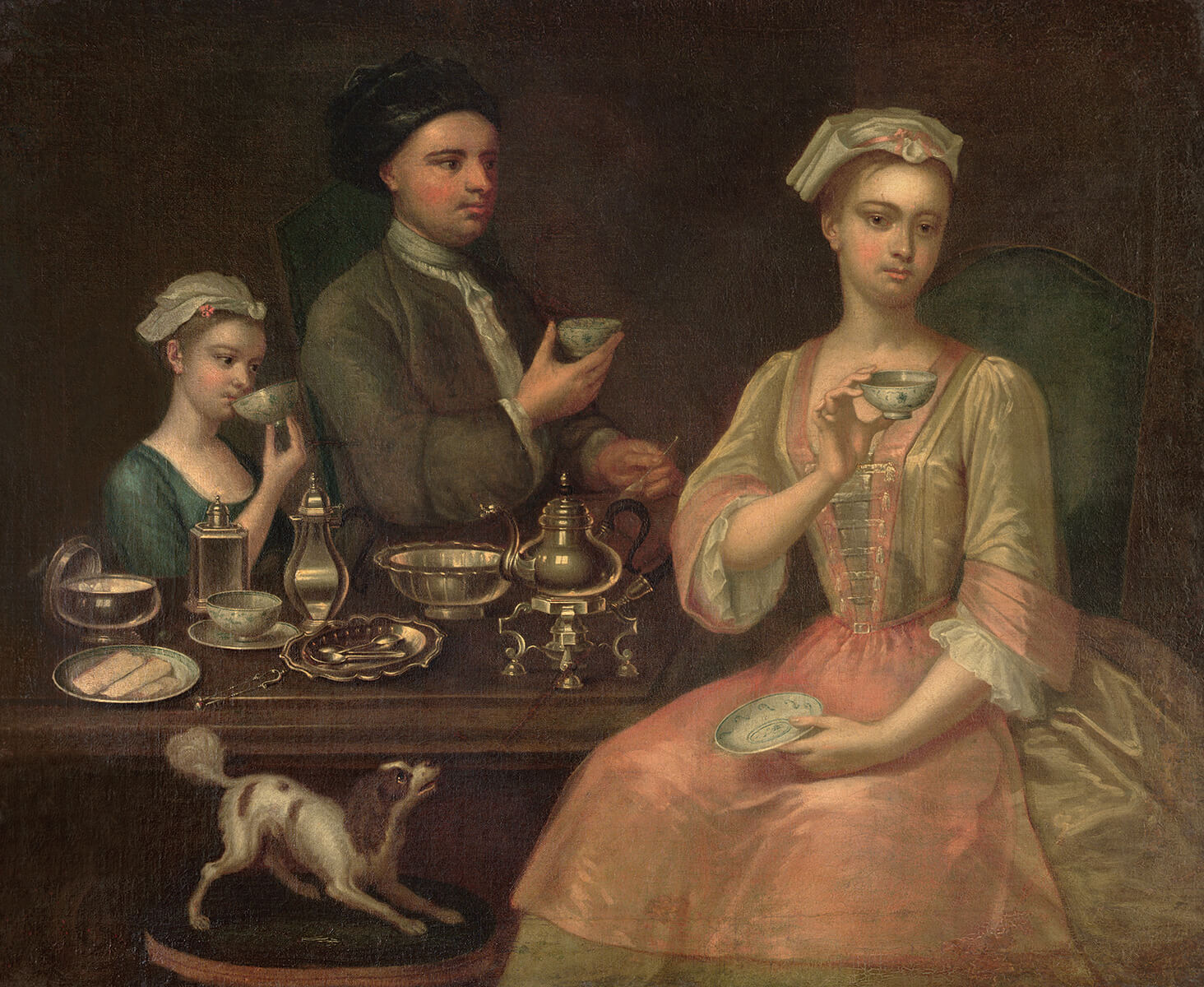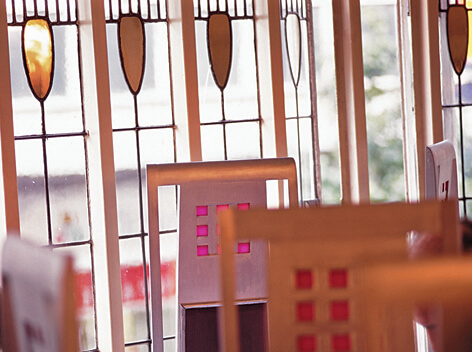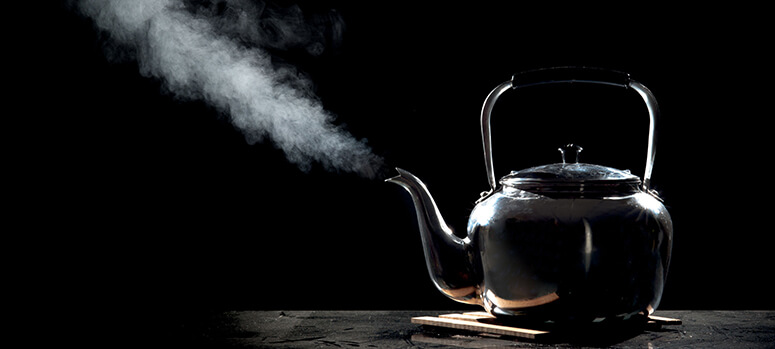Tea Customs of Colonial Boston
Oh, how the colonists loved to imitate the customs of their English cousins.
When he visited Boston in 1740, Joseph Bennett observed that “the ladies here visit, drink tea and indulge every little piece of gentility to the height of the mode and neglect the affairs of their families with as good grace as the finest ladies in London.”
The naturalist Peter Kalm, during his visit to North America in the mid-18th century, noted that tea was a breakfast beverage in both Pennsylvania and New York. From the predominantly Dutch town of Albany in 1749 he wrote that “their breakfast is tea, commonly without milk.”
At another time, Kalm stated:
With the tea was eaten bread and butter or buttered bread toasted over the coals so that the butter penetrated the whole slice of bread. In the afternoon about three o’clock tea was drunk again in the same fashion, except that bread and butter was not served with it.
This tea-drinking schedule was followed throughout the colonies. In Boston the people “take a great deal of tea in the morning,” have dinner at two o’clock, and “about five o’clock they take more tea, some wine, madeira [and] punch,” reported the Baron Cromot du Bourg during his visit in 1781. The Marquis de Chastellux confirms his countryman’s statement about teatime, mentioning that the Americans take “tea and punch in the afternoon.”
During the first half of the 18th century the limited amount of tea available at prohibitively high prices restricted its use to a proportionately small segment of the total population of the colonies.
About mid-century, however, tea was beginning to be drunk by more and more people, as supplies increased and costs decreased, due in part to the propaganda and merchandising efforts of the East India Company.
According to Peter Kalm, tea, chocolate, and coffee had been “wholly unknown” to the Swedish population of Pennsylvania and the surrounding area before the English arrived, but in 1748 these beverages “at present constitute even the country people’s daily breakfast.” A similar observation was made a few years later by Israel Acrelius:
Tea, coffee, and chocolate are so general as to be found in the most remote cabins, if not for daily use, yet for visitors, mixed with Muscovado, or raw sugar.
America was becoming a country of tea drinkers. Then, in 1767, the Townshend Act imposed a duty on tea, among other imported commodities. Merchants and citizens in opposition to the act urged a boycott of the taxed articles. A Virginia woman, in a letter to friends in England, wrote in 1769:
… I have given up the Article of Tea, but some are not quite so tractable; however if wee can convince the good folks on your side the Water of their Error, wee may hope to see happier times.
In spite of the tax many colonists continued to indulge in tea drinking. By 1773 the general public, according to one Philadelphia merchant, “can afford to come at this piece of luxury” while one-third of the population “at a moderate computation, drink tea twice a day.”
It was at this time, however, that efforts were made to enforce the English tea tax and the result was the unfortunate incident that occurred in Boston Harbor on the night of December 16, 1773.
